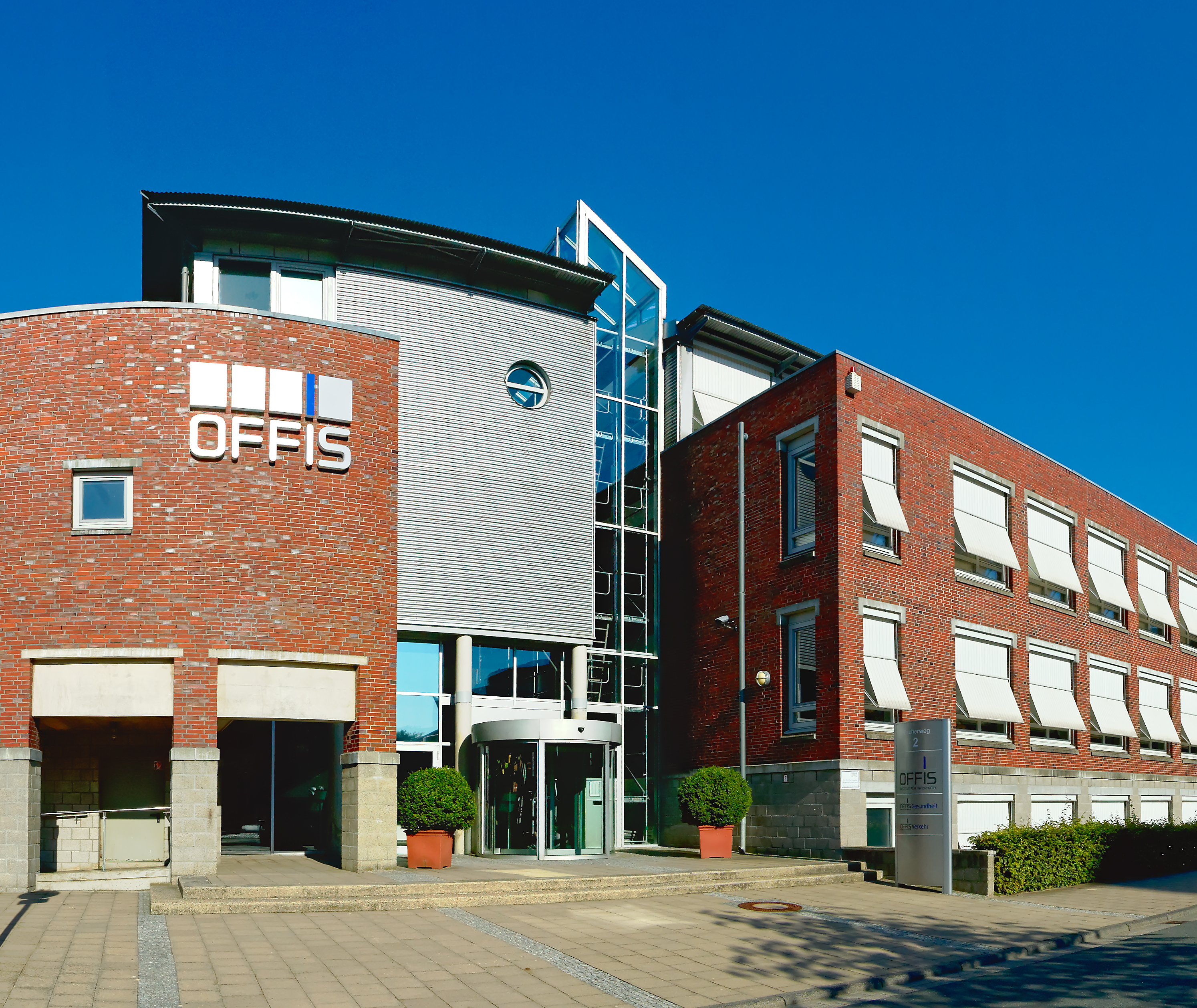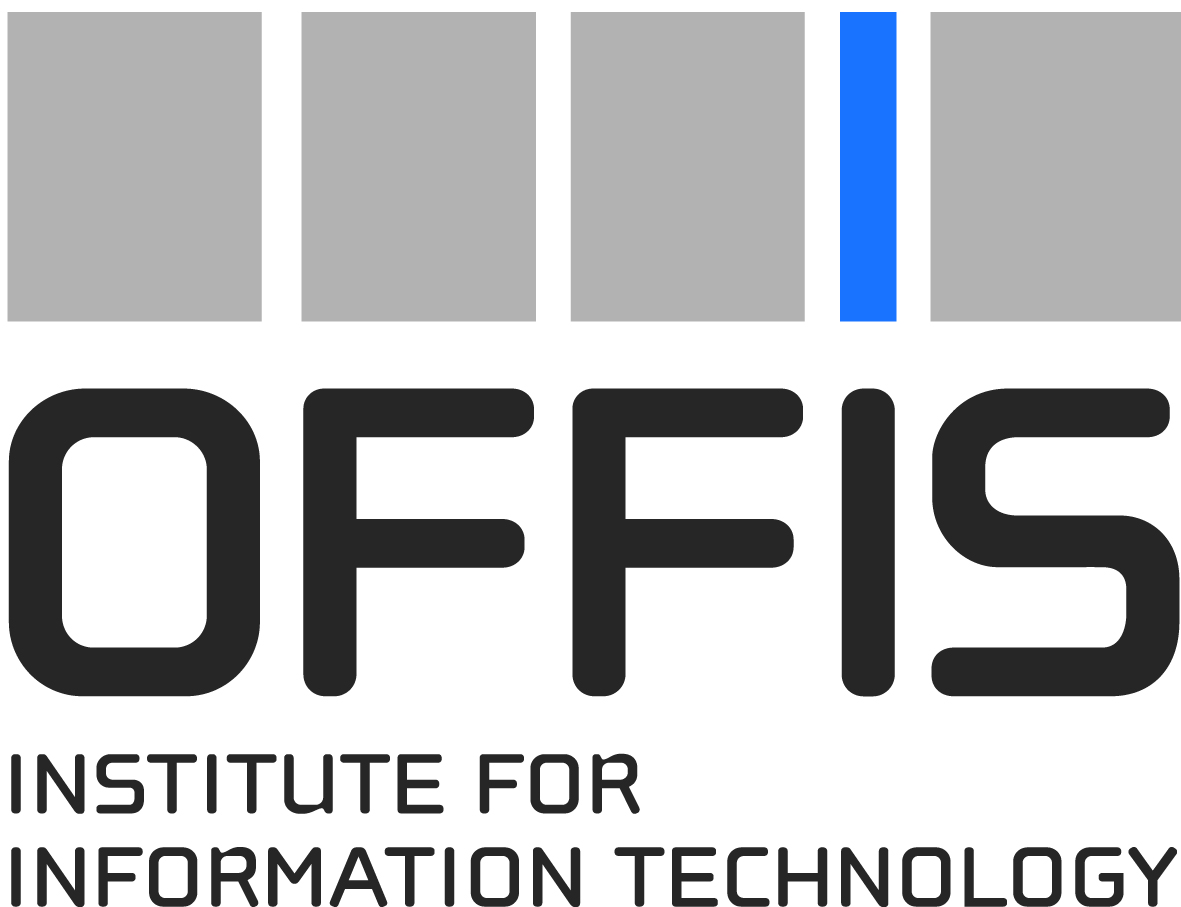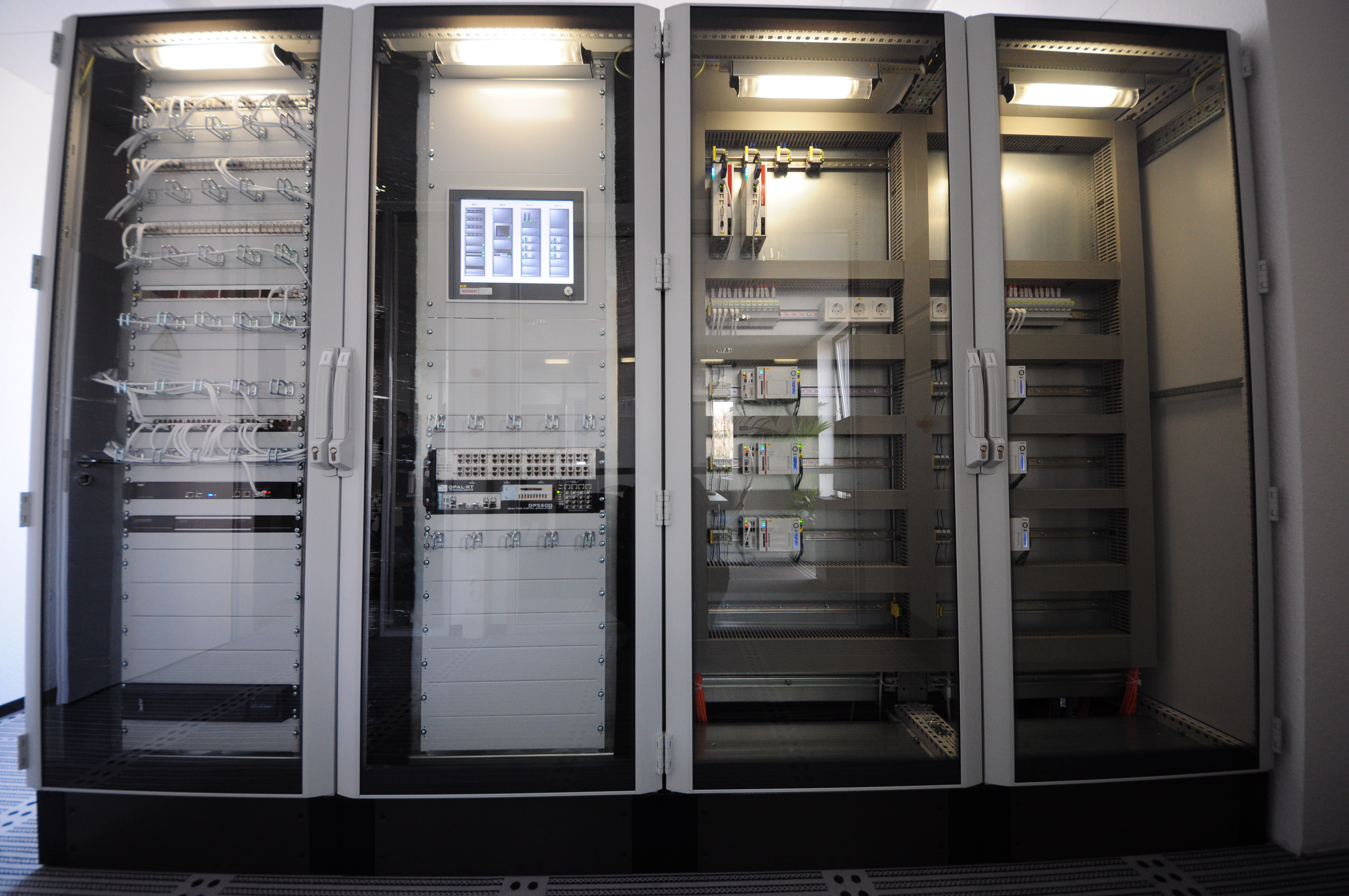 |
 |
Country: Germany |  |
||
| Get free physical or remote access to this facility and its virtual services via the ERIGrid 2.0 Lab Access Programme. |
|||||
| Submit Testing/Consulting Request | |||||
Description: A fast knowledge transfer from research into the economy is the crucial foundation for the economic, as well as the social well-being of a country. We have made this transfer our task: As an associated institute of the Carl von Ossietzky University in Oldenburg, OFFIS has, since its formation in 1991, converted scientific know-how from computer science into prototypes which are then developed further into marketable products by commercial partners. Hereby, OFFIS provides research and prototype developments for companies and institutions – and this at the highest international level.
Energy, health, and transportation – these are the three application-oriented research and development divisions that are now the OFFIS structure. The divisions are pervaded by the knowledge gained from the different fields of technology. The result of this work takes effect on two levels: On the one hand, OFFIS has made nationally, as well as internationally, a name for itself as a Center of Excellence for chosen applied fields of computer science, and OFFIS developments are used by industries and institutions throughout the world. On the other hand, OFFIS considers itself a driving force for innovations, with concerns for regional politics through which knowledge remains in the region, and new sustainable jobs are established for northwestern Germany.
For many years the R&D Division Energy at OFFIS has been researching and developing ICT-based concepts and prototypical systems for the energy industry and energy efficiency. Thus, for example decisive contributions were made to the IT integration of decentralized generator units into an energy management, for the energy efficiency in the IT from the computer chip to the computer center and for the management of large IT system landscapes in the energy supply which conform with the standards. In the forefront of all technological work is the contribution to the social and financial challenges of the energy questions of tomorrow. With these interdisciplinary questions we use our network of partners from other disciplines as well as our long-standing cooperation with manufacturers and users.
We have classified our concrete applications of the division Energy’s ICT-Research and -Development in four R&D Groups. The group “System Analysis and Distributed Optimization” employs methods to assess various scenarios for a future energy supply system. Appropriate automation architectures are being developed and evaluated in the research group “Simulation and Automation of Complex Energy Systems”, developing models of various active components for future energy systems and their integration in the simulation framework mosaik. The group Architecture Engineering and Interoperability develops solutions in research and technology-transfer projects. The group Smart Resource Integration (SRI) researchs on methods for smart usage of resources of infrastructure as well as virtual resources.
Furthermore, OFFIS promotes the process at the interface between research and product development with the creation of start-ups and the support of spin-offs. The strong commitment of OFFIS as host of symposiums and seminars for training and further education, as well as on an institutional basis with the “Berufsakademie für IT und Wirtschaft Oldenburg” follows the same course.
Facilities:
Smart Energy Simulation and Automation Lab (SESA-Lab)
The SESA-Lab allows to connect analog and digital interfaces of physical devices (e.g. process controller). The laboratory supports flexible connection configurations, using an analog switch, EtherCAT for real-time communication as well as regular Ethernet communication. At the heart you find the OPAL-RT eMEGAsim real-time simulator (max 100 kHz) and the mosaik co-simulation framework. This allows to undertake HIL-testing of embedded plattforms — like Programmable Logical Controllers (PLC) — in realistic, large-scale simulated scenarios using digital communication and analog signal simulation.
Scenarios often implement and test integrated information- and process chains based on the IEC Common Information Model (CIM; IEC 61970/61968), IEC 61850, and the OPC Unified Architecture (UA). Real-time-systems, like control- and protection systems, are realised as embedded hardware devices. Large scale Smart Grid scenarios are build by supplementing real-time platforms SESA-Lab with software simulated models, using mosaik. Remote access to the closed Ethernet network is provided through a VPN gateway.
The lab is in operation since 2014.
Brochure of SESA lab (in German, PDF)

Virtual Facilities:
SESA Virtual Sim
The core of the SESA Virtual Sim are the co-simulation framework MOSAIK and a virtualization server. The server allows the instantiation of virtual machines that can be used by remote users to run MOSAIK-based co-simulations of complex energy systems employing their own simulation models, open-source software from the MOSAIK simulator pool, as well as systems from the SESA lab like the OPAL-RT eMEGAsim real-time simulation system.
Simulation/optimisation tools:
- mosaik
- eMEGAsim
- PowerFactory
last updated: 24.02.2021
